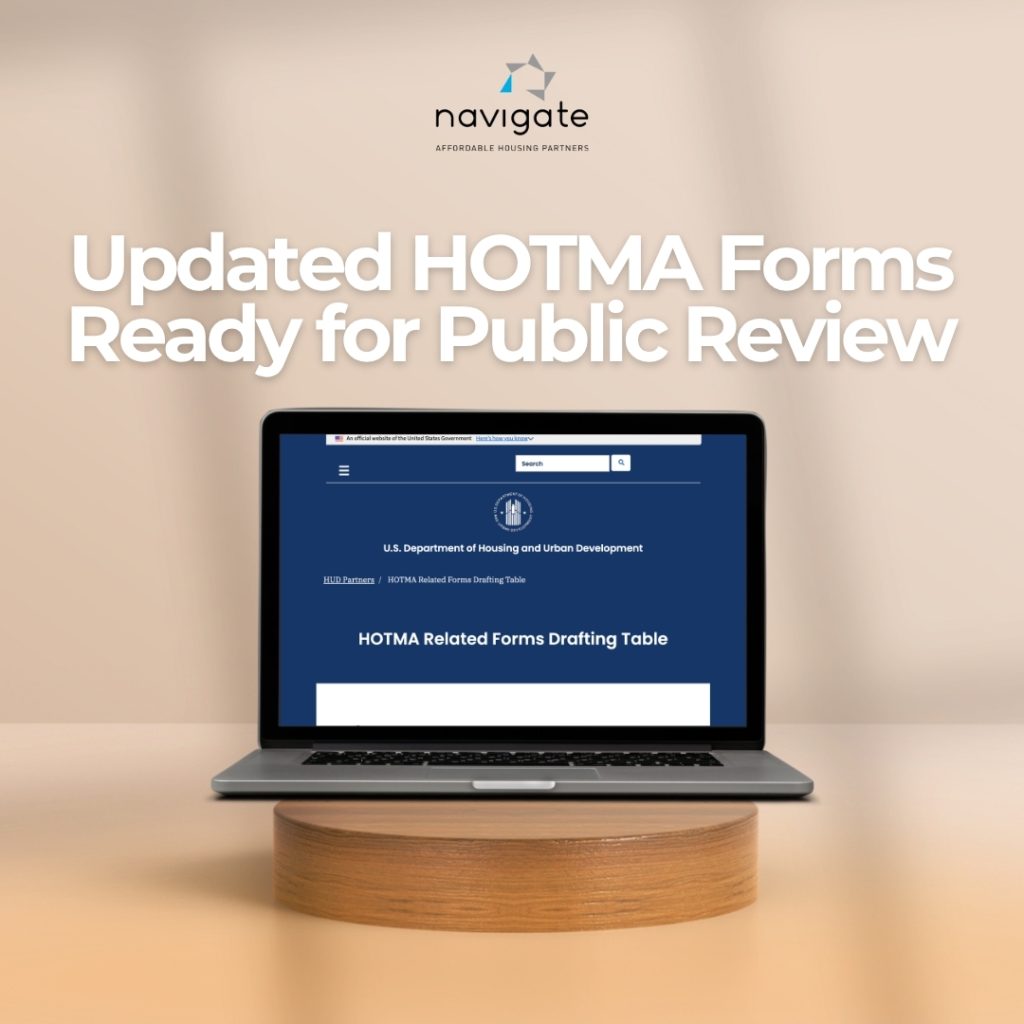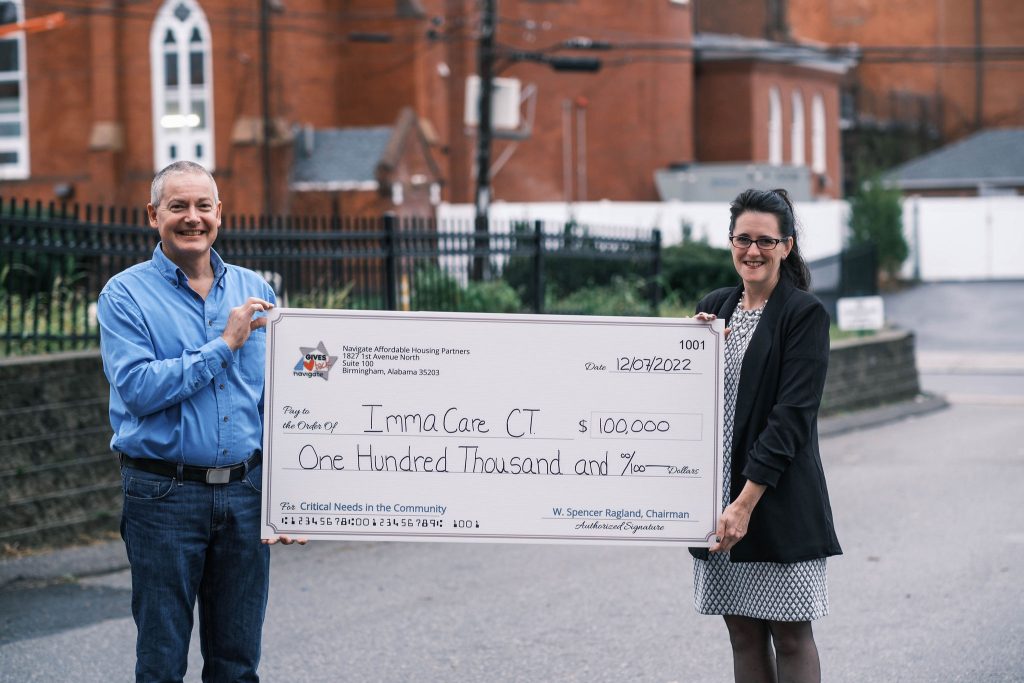What Seniors in Subsidized Housing Need to Know Now
Seniors in subsidized housing are facing new challenges. Federal policy shifts—including the One Big Beautiful Bill Act—may not directly change rent formulas, but they’re quietly impacting the support systems that older Americans rely on to stay stable, healthy, and fed.
Here’s a clear breakdown of what senior residents should know:
Rent May Remain Stable, But Other Costs Could Rise
- Section 8 protections still apply. Your rent is generally based on 30% of your adjusted income, and that formula hasn’t changed.
- However, out-of-pocket costs for healthcare, food, and utilities may increase, which can strain fixed incomes.
- Utility allowances may not keep pace with rising energy costs, especially in aging buildings.
Ask your property manager or service coordinator about updates to utility allowances or medical expense deductions.
Be Mindful of Changes to Medical Deductions
- HUD allows seniors to deduct certain unreimbursed medical expenses to lower their adjusted income (and therefore their rent).
- If you are now paying more out of pocket due to Medicaid cuts or new co-pays, you may be eligible to claim a larger deduction.
Keep receipts and records of all your medical expenses. Talk to your property’s recertification staff or caseworker during your annual income review.
Effects on Medicaid and Medicare
- Medicaid work requirements introduced by OBBBA likely won’t apply to seniors, but funding cuts may reduce service availability, like home health care or transportation.
- Under the new law, Medicare coverage remains untouched for now, but reductions in related state services could still affect access.
Contact your local Area Agency on Aging to review your benefits and see what’s changing in your state.
Nutrition Assistance Could Shrink
- The SNAP (food stamps) program has tighter work rules now, but these generally don’t apply to seniors.
- Still, overall funding cuts may mean delays, reduced amounts, or stricter eligibility checks.
If you notice reduced SNAP benefits, re-certify your SNAP benefits on time, and explore local food banks or senior meal programs.
Tenant-Based Voucher Portability Still Exists, But May Be Harder
- If you live in a HUD-subsidized unit using a Housing Choice Voucher, you still have the right to move to another unit or area, but voucher availability is shrinking due to federal cuts.
- Waitlists may get longer, and landlords may become more selective due to rising rents and fewer incentives.
If you’re thinking of relocating, contact your local Public Housing Authority early to understand your options.
Stay Aware of Tenant Rights and Recertification Rules
- Report any changes in your income, expenses, or household composition promptly to keep your subsidy.
- If your SNAP benefits decrease, your rent might actually increase, since we do not count SNAP benefits as income. However, reduced expenses may change your adjusted rent.
Request a meeting with your recertification officer or resident services coordinator to fully understand your entitlements under the new rules.
You’re Not Alone—Get Help from Housing Advocates
Many national and local organizations offer support to help seniors understand and fight for their housing rights:
- National Low Income Housing Coalition (NLIHC) (https://nlihc.org/)
- Justice in Aging (https://justiceinaging.org/)
- AARP’s Housing Advocacy (https://www.aarp.org/livable-communities/housing/)
These groups are tracking changes like the OBBBA and offering legal resources and action alerts for seniors.





